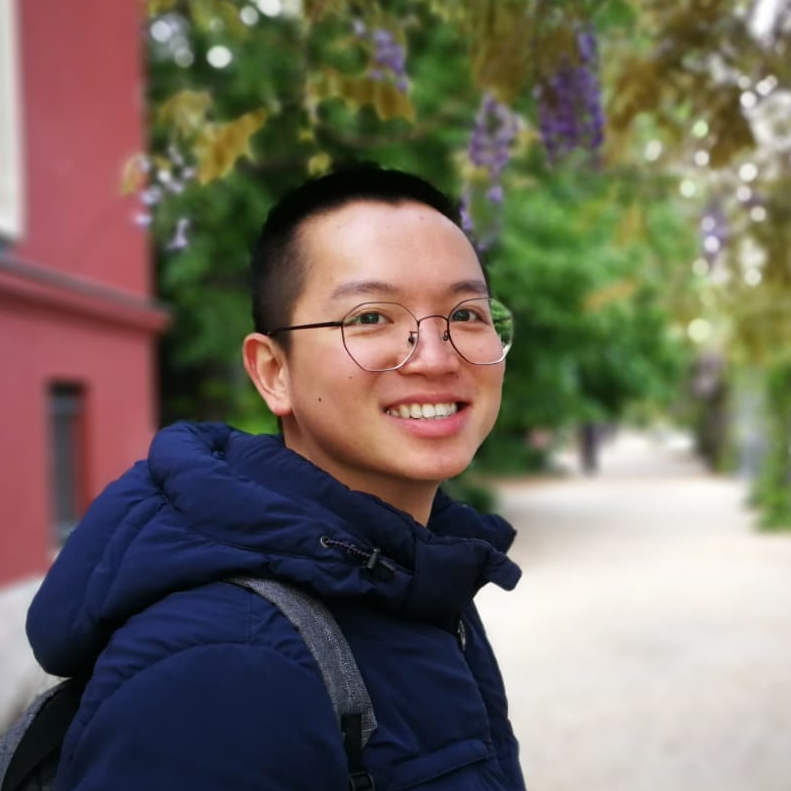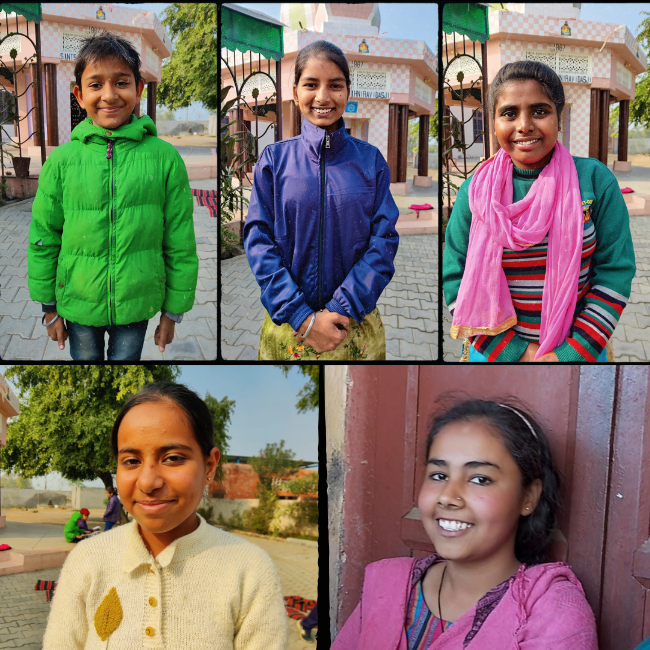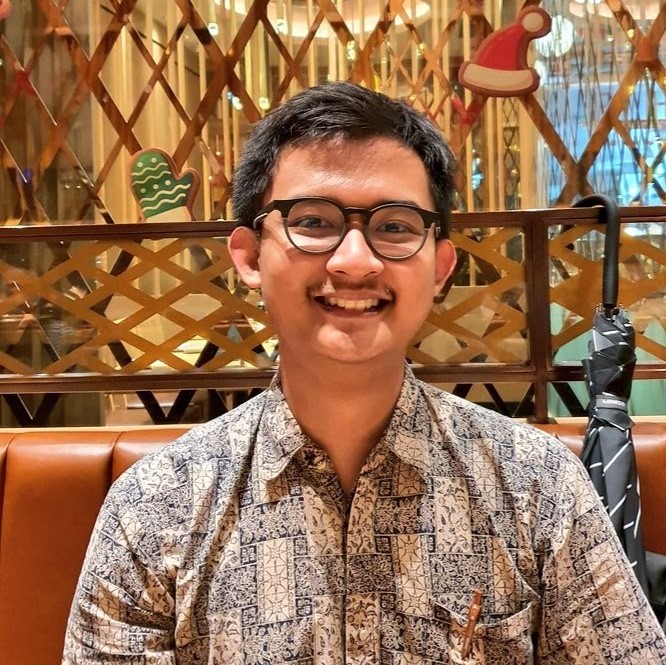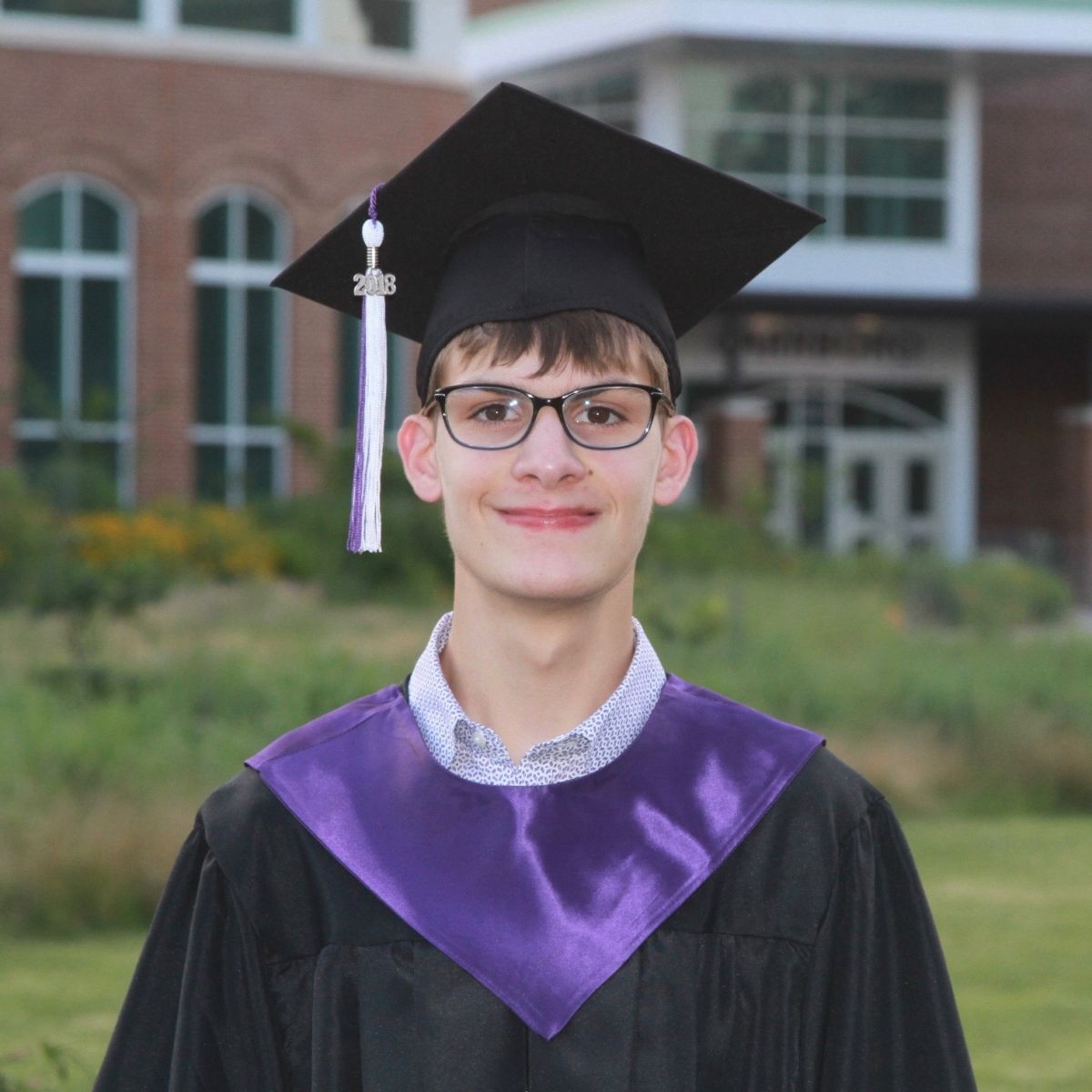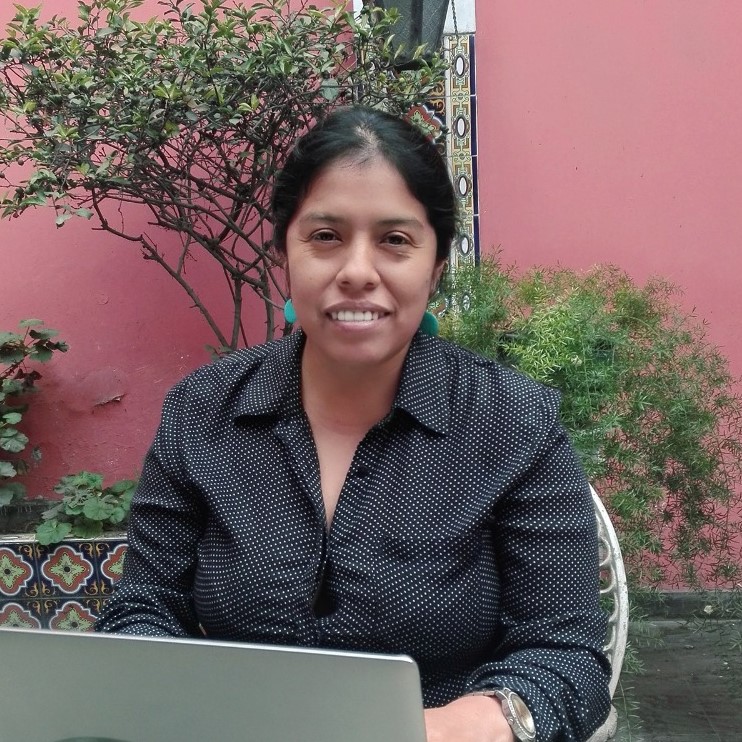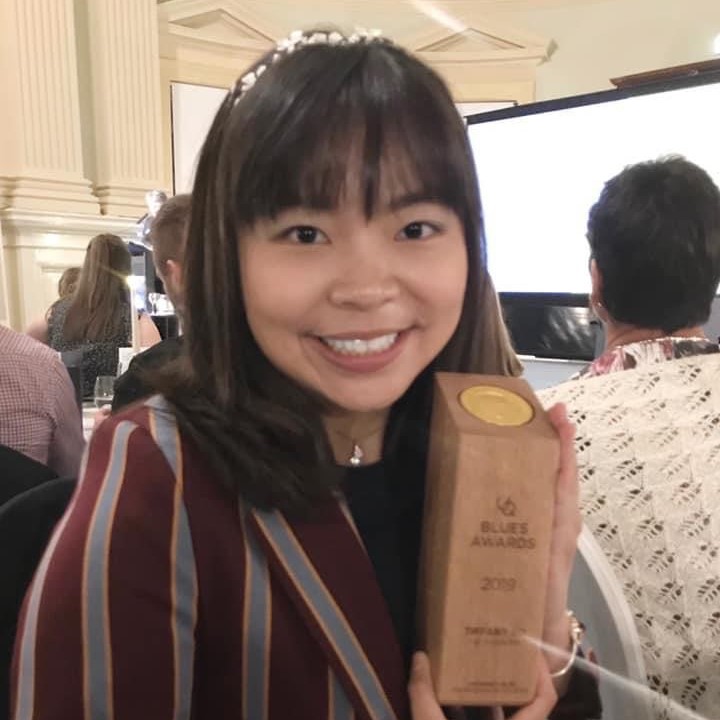Chinese Countrysides May Be Prepared for Sex-Ed
Is it possible to deliver sex education to every student in a village school? You may be surprised how it can be done.
Mainland China, Eastern Asia
Story by Zhihao Zhong. Edited by Melaina Dyck
Published on January 25, 2021.
Reading time: 5 minutes
This story is also available in 




Listen to this story:
People tend to think that given the controversial nature of sex education in mainstream Chinese culture, implementing it in the country would be more difficult than in cities. Nevertheless, no one can really be sure until they try.
In my first attempt as a determined teacher in a faraway village primary school in Meizhou[1], South China, I was welcomed by embarrassing screams from the third-graders, aged around 9. During the first lesson, these kids watched a cartoon to learn how babies come into being, and I encountered their strong reaction to images of genitals. They yelled, covered their faces, and knocked on the desks. I imagined what a disaster the second session would be when I introduced sex organs.
For the next class, I was prepared for possible disruptions. I designed a points system[2] to award those ‘awesome groups’ that could memorize names of sex organs. I was hoping that the nature of children, fond of fun games and rewards, would help me out.
High volume in the class was unavoidable, but this time, students were competing to answer the names of organs. They even asked to repeat the video to memorize the names. I was delighted, but I pretended to be very calm when they were shouting out: “Vagina! Vulva! Uterus!”
How is this possible in a rural school where we expect stronger conservative values? Teach For China[3], the program I was associated with sends volunteers to village schools short of teachers. Working in these schools, most teachers enjoy a high degree of autonomy. I could organize courses in a flexible way, although I did surprisingly obtain sex ed approval from the principal, probably because I might have forgotten to mention ‘sensitive’ details.
Unexpectedly, I did not receive any pushback from students’ guardians. A student’s mother told me how thankful she was that I covered something they did not know how to address. I had no idea what she was referring to until her 8-year-old daughter passed by and mentioned ‘menstruation’, a word that the parents could not comfortably pronounce. This reminded me that the absence of pushback against sex ed owed to students’ unwillingness to discuss it at home. Even though sex ed was encouraged at school, it was still a sensitive topic with their families.
In the two-year program, I used every opportunity—as substitute teacher for my colleagues or as the science teacher[4]—to deliver sex education. I managed to teach all six grades. My regular class students received complete sex education, covering sexual assault, secondary sexual characteristics such as nocturnal emission and menstruation, and gender equality. I peeled off gender labels by breaking down gender-biased statements with them so that they learned to identify and question stereotypes, such as women taking housework responsibilities.
Our textbooks contained countless gender-biased statements. In their English class learning ‘boy’ and ‘girl’, I showed anatomical pictures to teach that clothing is just a way to express themselves, but does not necessarily indicate sex or gender. I knew the lesson was effective because they became more inclusive of other students’ hairstyles and clothing colours.
It really was not that difficult to try. Sensitive issues may become easier when we discuss them. Sensitivity fades away with exposure and repetition. Over time, my students became comfortable talking about what they learned. I am wondering whether this carries any implication for other changes, such as political discourse in the country. We will see.
[1] Meizhou lies in the northeast of Guangdong province, in south China, bordering Fujian province in a mountainous area.
[2] For study achievements or willingness to help others, students receive points that allow them to ‘purchase’ stationery and fun games provided by me and my donor friends.
[3] Teach for China is a program organizing volunteers for two-year teaching in partner village schools.
[4] Because of lack of staff in village schools, teachers often cover other art and science subjects.
How does this story make you feel?
Follow-up
Do you have any questions after reading this story? Do you want to follow-up on what you've just read? Get in touch with our team to learn more! Send an email to [email protected].
Talk about this Story
Please enable cookies to view the comments powered by Disqus.
Subscribe to our Monthly Newsletter
Stay up to date with new stories on Correspondents of the World by subscribing to our monthly newsletter:
Tags
Topic: Education
> Sri Lanka
Feynman Technique for Learning
A story by Chathurıe Nıluka Nupearachchı
5 min
As a Physicist, I admire the American theoretical physicist, Richard Feynman. He used his own personal method for learning which is known as the ‘Feynman technique’. It contains four repetitive steps called study, teach, fill the gaps and simplify. Read more...
> India
Tales of the unknown fighters
A story by Sanjoli Banerjee, Deepika Dhiman, Gagan Dhiman, Isha, Mamta, Anjali
14 min Long Read
A story of children struggling to educate themselves, fighting against the odds with support from a local NGO, Sarthi and its Sushiksha program. Read more...
> India
Tending Minds, Empowering Hearts: Navigating the Depths of Mental Health as a Therapist
A story by Anonymous
5 min
In the relentless realm of mental health, a young therapist grapples with the weight of preventing tragedy in an educational institute. As they navigate the complexities of their profession, the story unfolds, delving into the delicate balance between healing others and preserving one's own mental well-being. Read more...
Explore other Topics
Get involved
At Correspondents of the World, we want to contribute to a better understanding of one another in a world that seems to get smaller by the day - but somehow neglects to bring people closer together as well. We think that one of the most frequent reasons for misunderstanding and unnecessarily heated debates is that we don't really understand how each of us is affected differently by global issues.
Our aim is to change that with every personal story we share.
Community Worldwide
Correspondents of the World is not just this website, but also a great community of people from all over the world. While face-to-face meetings are difficult at the moment, our Facebook Community Group is THE place to be to meet other people invested in Correspondents of the World. We are currently running a series of online-tea talks to get to know each other better.











